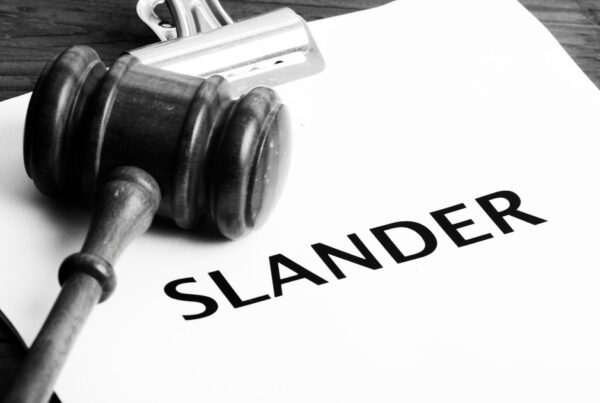There are several legal hurdles a mortgage lender has to meet in order to be able to foreclose on your home mortgage. In this and the next blog we explain two of them: possession of the original note, and timeliness.
Possession:
In the mortgage lending industry, it is not uncommon that the lender loses the original document signed by the borrower where he promises to pay the debt—commonly referred to as the “note”. This is because mortgage lenders usually create these loans and then sell them as packages, in secondary loan markets. After you close on your loan with Bank A, you end up making your payments to Bank B. This can also occur because one bank acquires another, or simply, purchases a certain portion of the assets of a given institution. In the process the note is lost.
Section 673.3091 of Florida Statutes provides that a person not in possession of an instrument is entitled to enforce the instrument if:
(a) The person seeking to enforce the instrument was entitled to enforce the instrument when loss of possession occurred, or has directly or indirectly acquired ownership of the instrument from a person who was entitled to enforce the instrument when loss of possession occurred;
(b) The loss of possession was not the result of a transfer by the person or a lawful seizure; and
(c) The person cannot reasonably obtain possession of the instrument because the instrument was destroyed, its whereabouts cannot be determined, or it is in the wrongful possession of an unknown person or a person that cannot be found or is not amenable to service of process.
§ 673.3091(1), Fla. Stat.
As seen, if your bank lost your original note, it will have to prove that it was entitled to foreclose to begin with. This may not be the case if the bank breached first. For example, if the bank forced unauthorized fees on your mortgage payment amount and rejected payments thereafter unless you paid the higher amount, the bank may not be able to foreclose as it is it who prevented payments in the first place. Two.
The bank will have to show that there was no lawful transfer or that the note was not lost as a result of a legal seizure of its files. And finally, the bank will have to show hardship. In other words, it will have to prove that it would be very difficult to obtain possession of the original instrument.
For more information about real estate law, contact an experienced real estate attorney at Ayala at 305-570-2208.
You can also schedule your case evaluation online at https://www.lawayala.com/







